
Differences Between an RV Refrigerator and a Residential Refrigerator
Dave SolbergTraveling the open road in an RV is a great way to explore the country. Not only do you have many of the comforts of home, you also have the freedom of traveling where you want, when you want. One of the best features of RV travel is having an RV refrigerator available to keep all of your favorite foods fresh and cold.
Many RV owners have debated over which RV refrigerator option is best – an RV absorption refrigerator or a standard residential refrigerator. Here are some of the main differences between the two types of refrigerators available:
The most important difference between the two types of refrigerators is that in an RV refrigerator there are no moving parts. Meaning, there are less things to get damaged from being jolted around when driving. Plus, the RV refrigerator is smaller, meaning it can fit into just about any space available.
Another benefit of an RV refrigerator is that is does not always need to be plugged in. Why? Because it can operate off of electricity, LP, gas or battery power. Meaning you can go camping to some more secluded locations, including ones that do not have electricity hook-ups available and still have the comfort of an operating refrigerator.
Benefits of installing a standard residential refrigerator include:
- Runs more efficient during hot weather
- Bigger in size and storage space
- Less expensive – purchase and repairs
One of the biggest downsides to a residential refrigerator is that is only operates on electricity. To operate a residential refrigerator without electricity requires a large invertor and bank of house batteries. Meaning it will eat up battery power when the RV is not connected to a power source.
As you can see, there are a variety of differences between an RV refrigerator and a residential one. Determining which one is best for you will depend greatly upon your camping needs.
Share tips, start a discussion or ask one of our experts or other students a question.
Already a member? Sign in
3 Responses to “Differences Between an RV Refrigerator and a Residential Refrigerator”
Explore videos by Dave Solberg
You may be interested in
Premium Membership
Unlock exclusive member content from our industry experts.
- 24/7 Access to Premium RV Maintenance Videos, Travel Inspiration, and Lifestyle Tips
- Step-by-Step Instructional Demos, Projects, and Guides
- 50% Off Video Downloads Purchased in the RV Lifestyle & Repair Shop
- Access to Ask the Expert Program
Unlock exclusive member content from our industry experts.
- 24/7 Access to Premium RV Maintenance Videos, Travel Inspiration, and Lifestyle Tips
- Step-by-Step Instructional Demos, Projects, and Guides
- 2 Full-Length Video Downloads to Watch Offline
- 50% Off Video Downloads Purchased in the RV Lifestyle & Repair Shop
- Access to Ask the Expert Program
Gold Membership
$333 Value
Get everything included in Premium plus exclusive Gold Membership benefits.
- 24/7 Access to Premium RV Maintenance Videos, Travel Inspiration, and Lifestyle Tips
- Step-by-Step Instructional Demos, Projects, and Guides
- 9 Full-Length Video Downloads to Watch Offline
- 2 Full-Length RV Repair Classes to Keep for Life
- Discounts on Purchase-to-Own Content in the RV Lifestyle & Repair Shop
- Access to Ask the Expert Program
- Exclusive GOLD LIVE Streaming Events

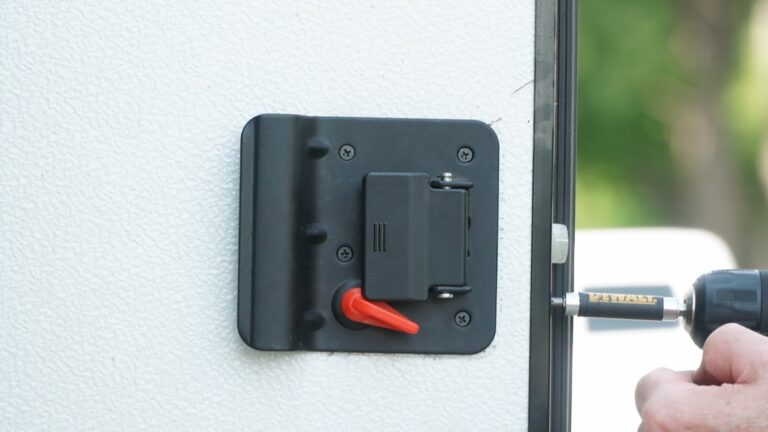
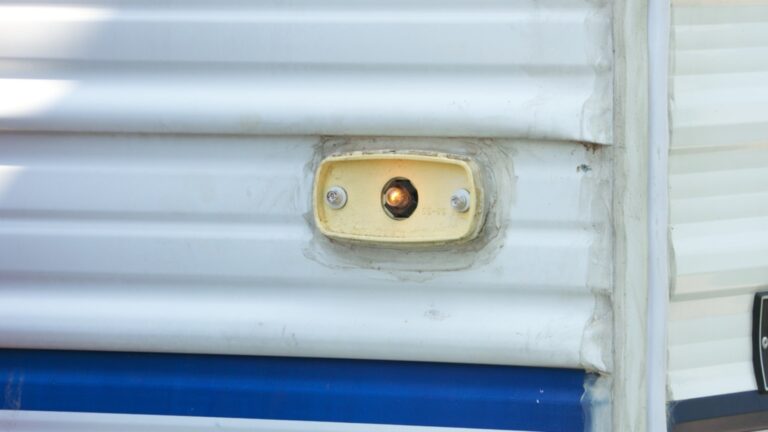

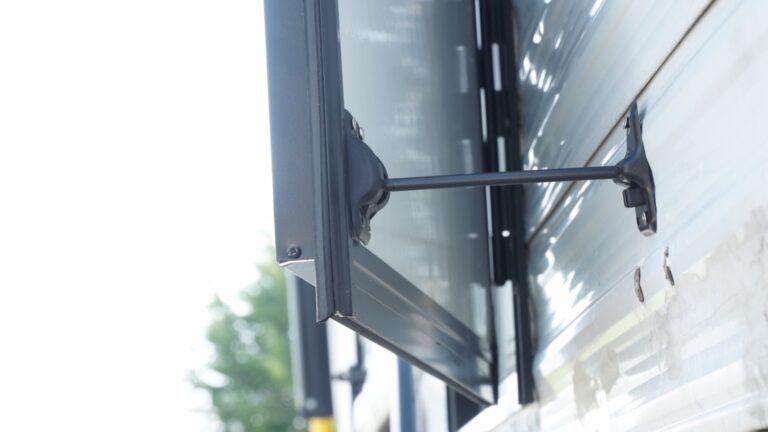





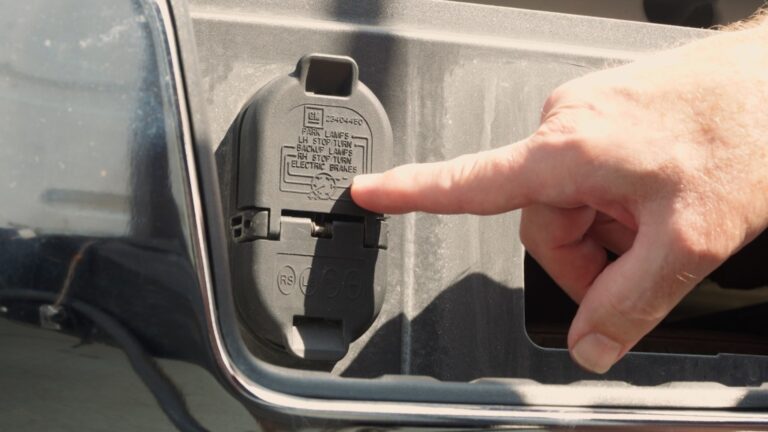
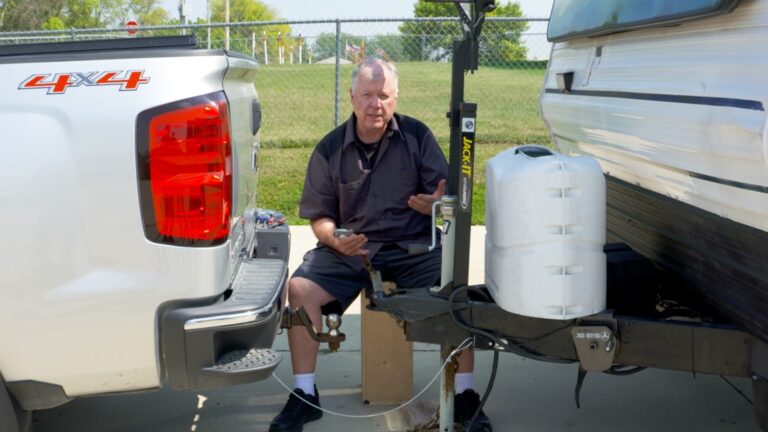

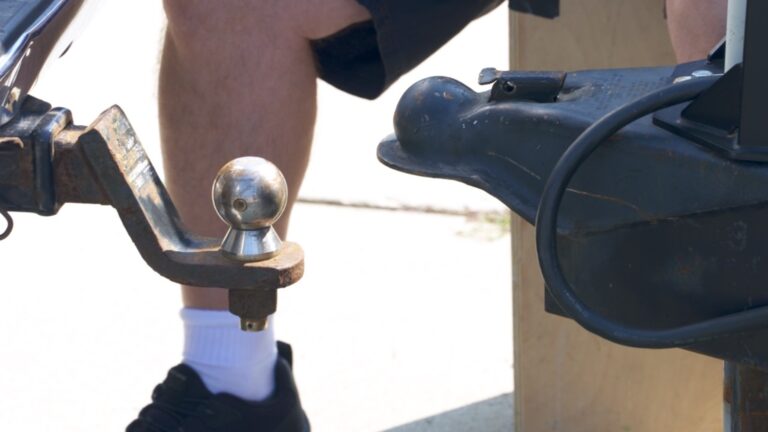

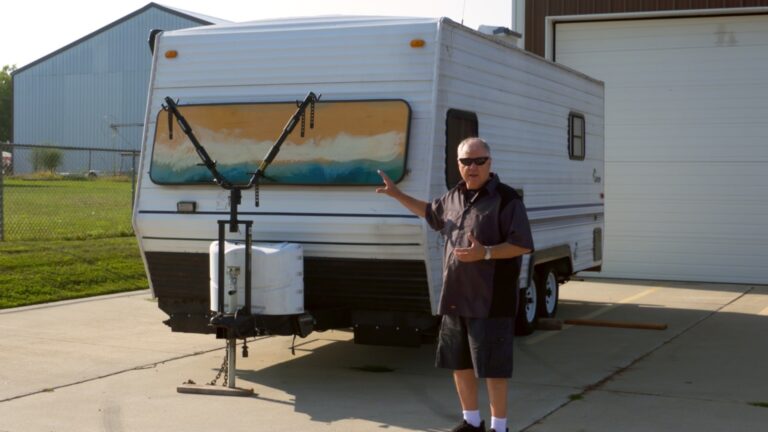


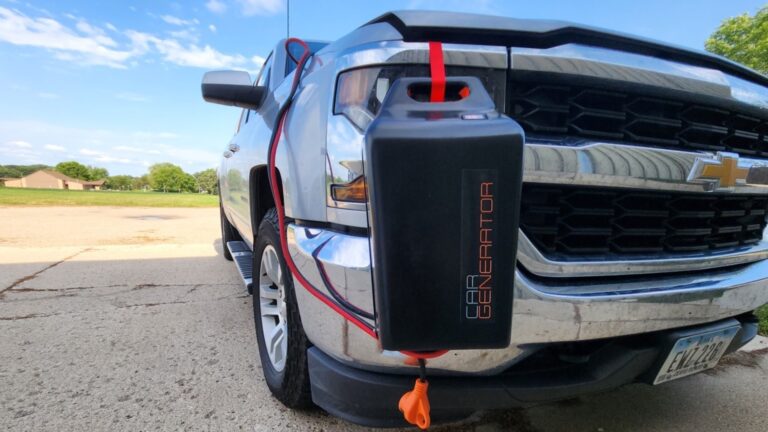


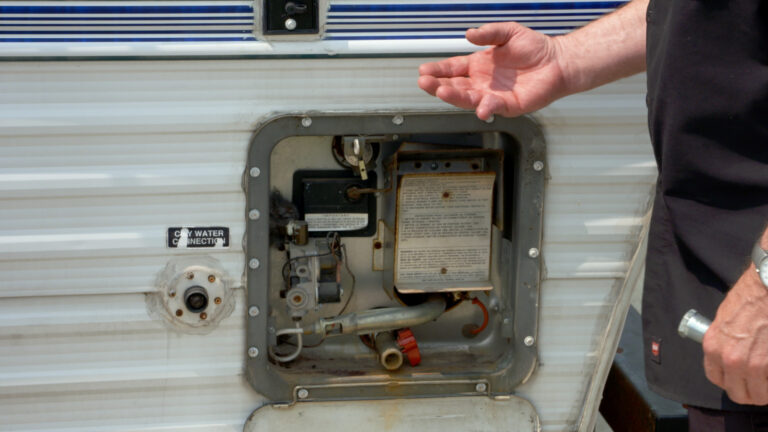

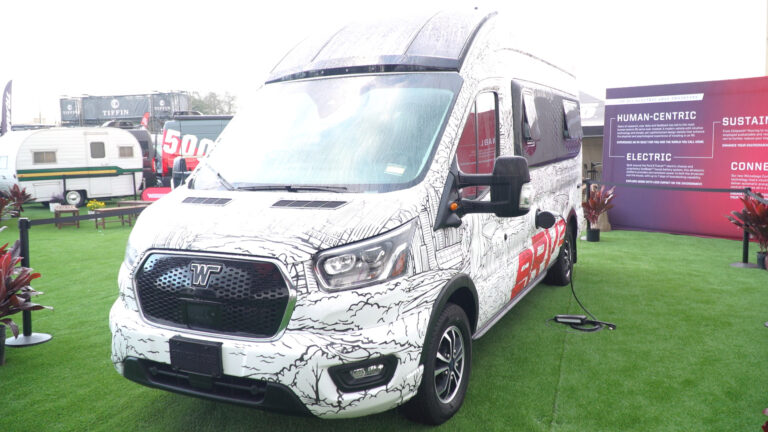
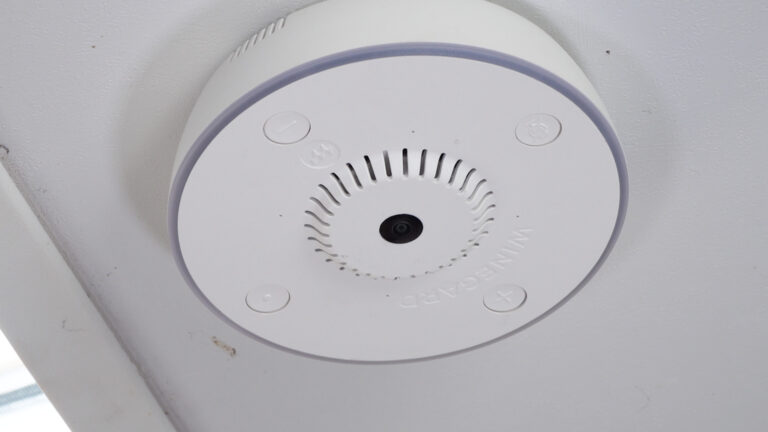
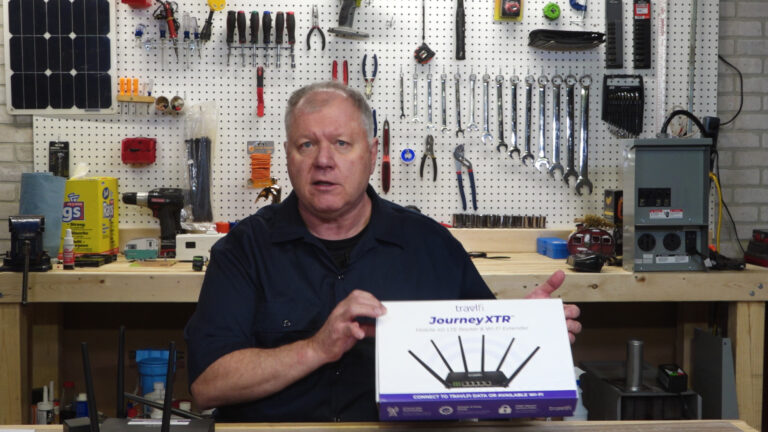

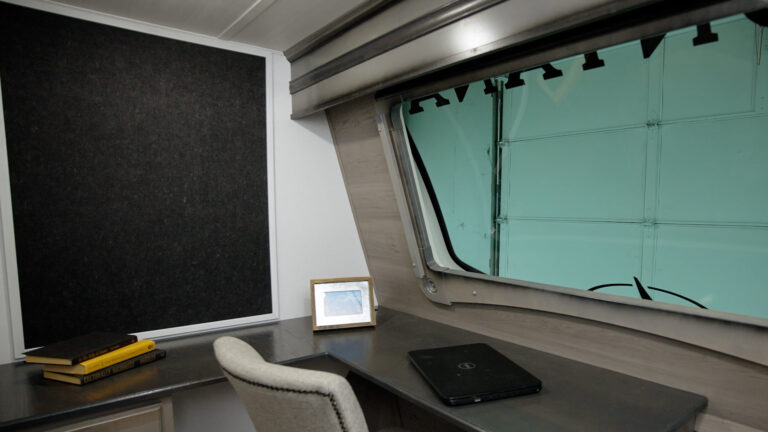



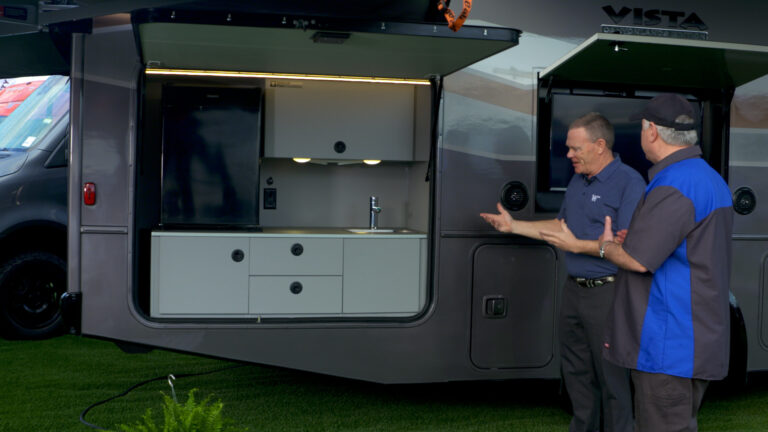
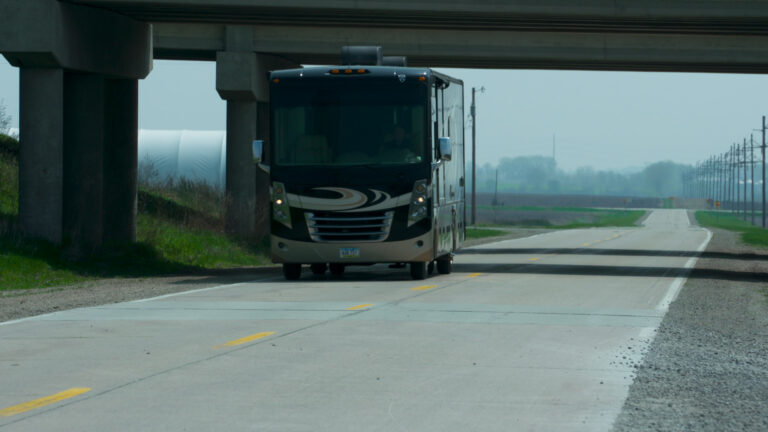


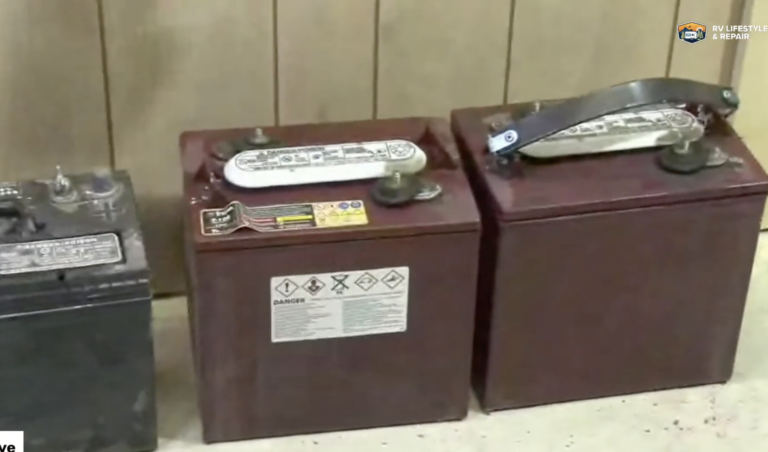
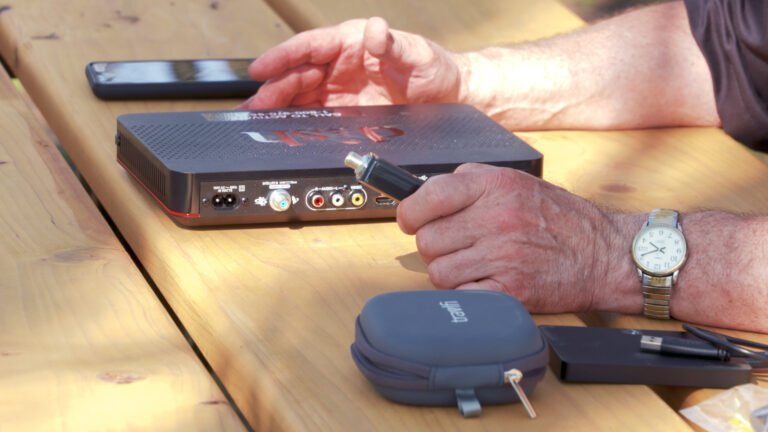
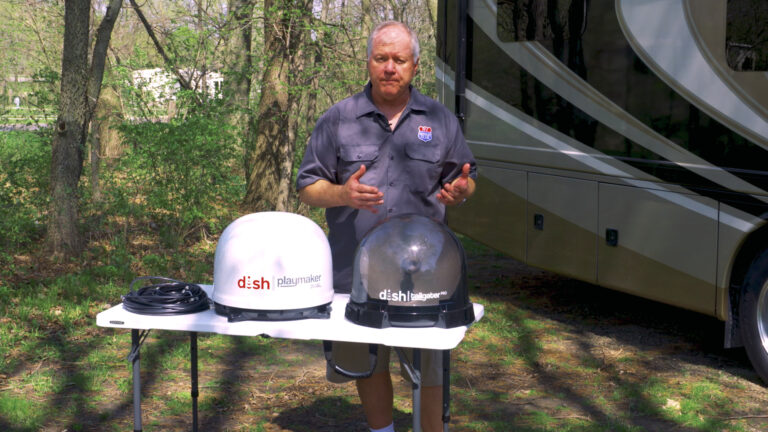
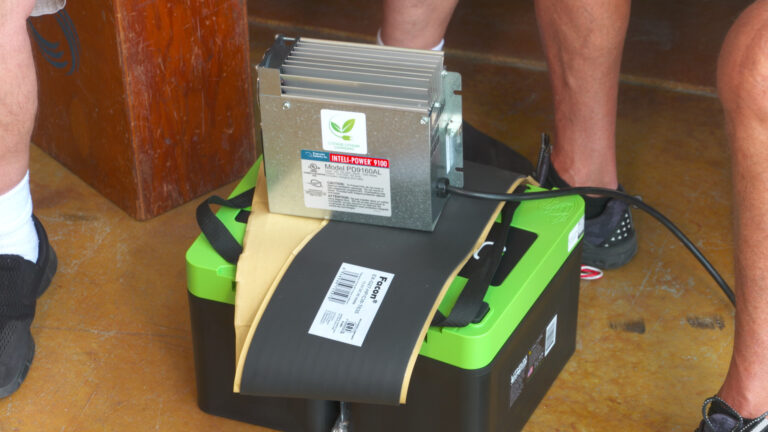
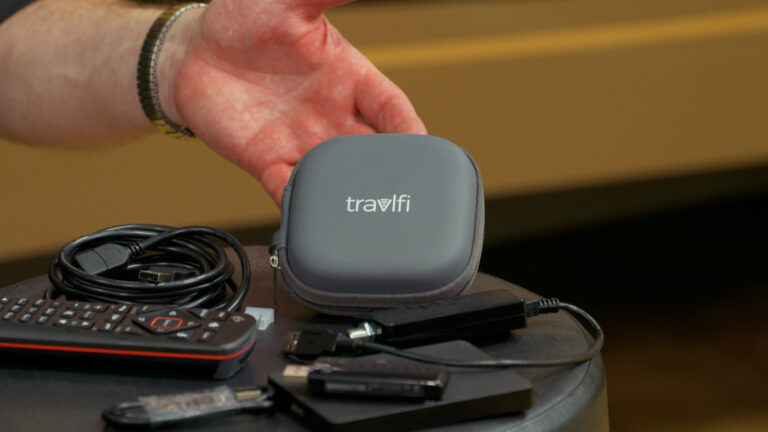

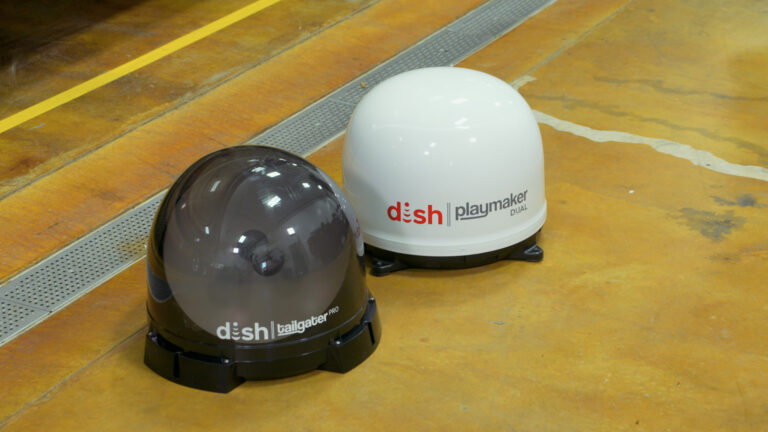

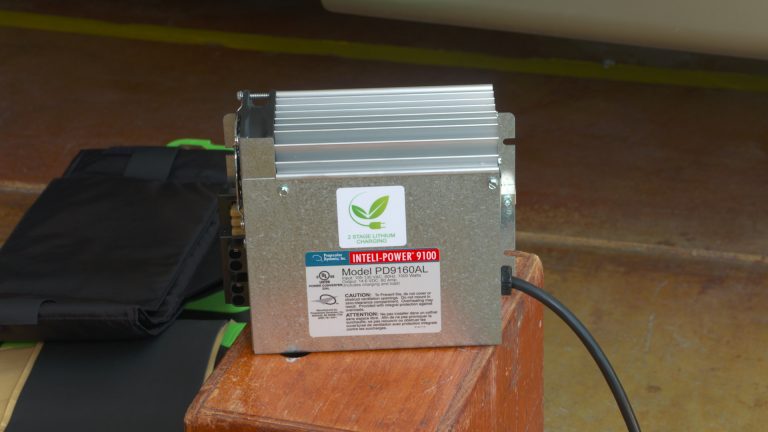
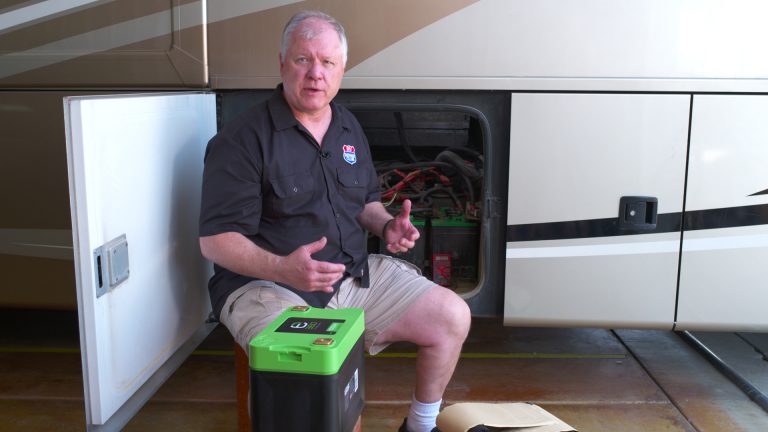
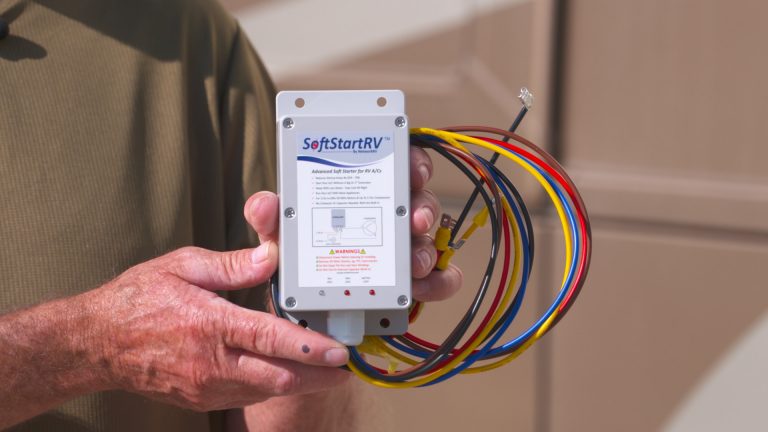




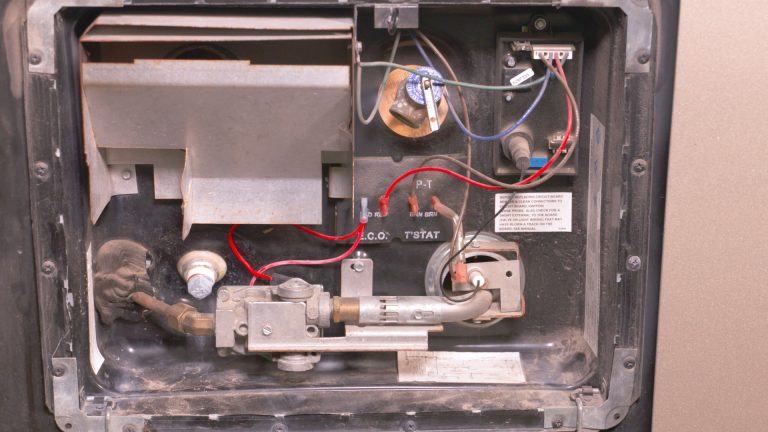
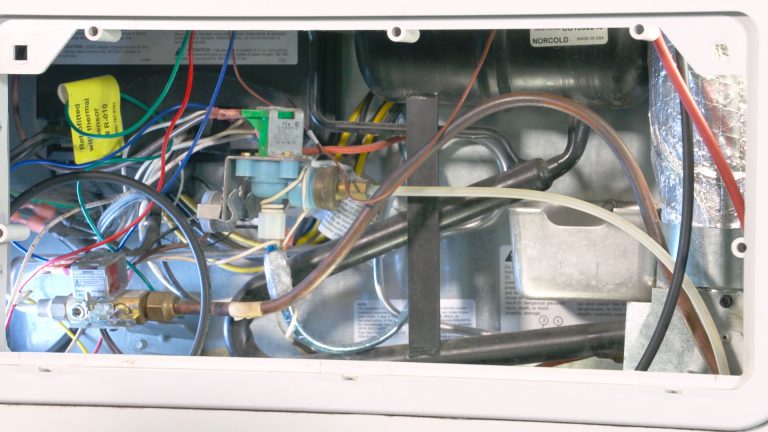
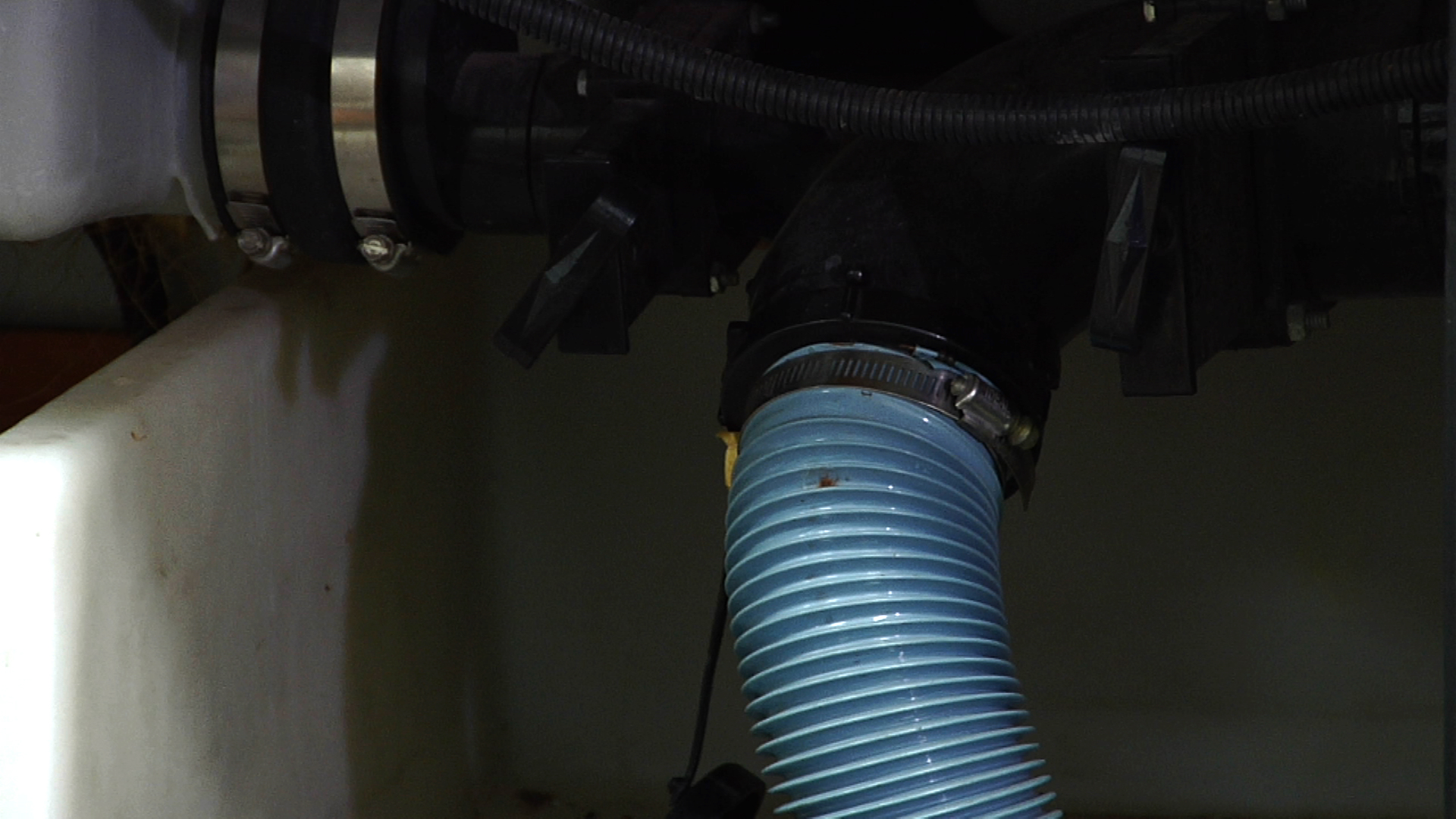









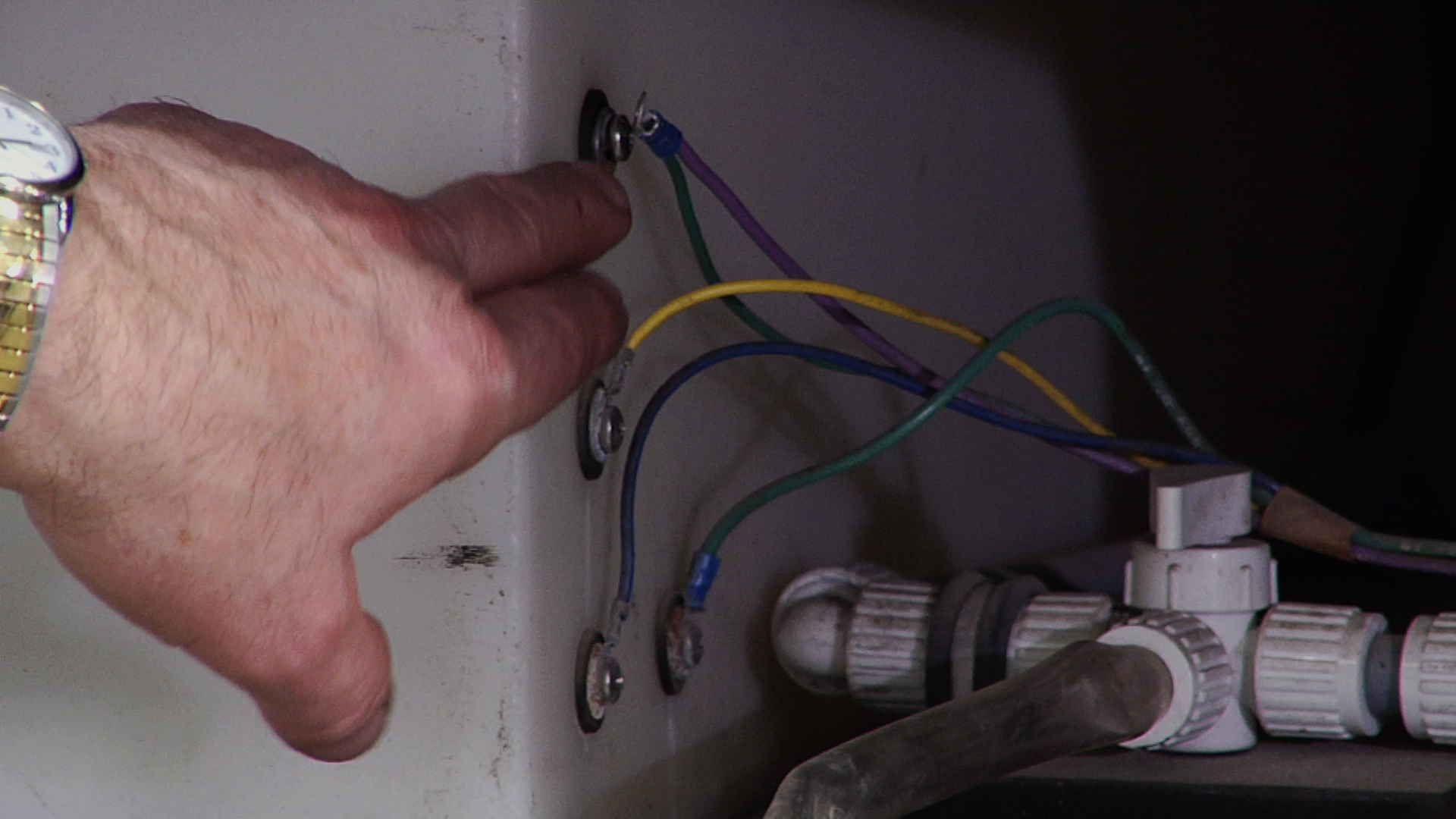


It's fortunate for the sake of this reply that I have been researching RV refridgerators my self. While I agree with the description, in general, I believe there are other benefits to compressor refridgerators that should be noted, especially if you are looking for or own a smaller refridgerator. The truth is a compressor fridge running on 120v while parked is absolutely the better option. The RV doesn't have to be leveled, the thermostat doesn't have to be adjusted or the temperature monitored due to ambient temperatures around the fridge and you don't use up your propane. While running on 12v, the compressor indeed uses stored electricity from your house battery or batteries. The amount can be very small, however. A 3 amp draw on a smaller compressor refridgerator may actually only use as little as 1.9 amps/hour because it doesn't run all the time as a three way RV fridge does. This means if you have a 60 amp hour storage battery it will run your compressor fridge for approx. 20 hours if you are in and out of it a reasonable amount of times during the day. You can see how this translates if you have a pair of 120 amp hour batteries. This draw can easily be replaced or sustained by the vehicle charging system or while parked with a minimal solar charging set up. For me, using a smaller fridge, say, 4cu ft. or less, the compressor unit is the obvious choice.
Curiosity, I am a member. Is there more to watch. I get a message, Want to watch more? --become a member???? Or is the article and the video the extent of the conversation.
You did not mention if the RV had access to a generator, fixes the issue with the residential, or that now a days there are few DC run refrigerators , either AC power or propane typically